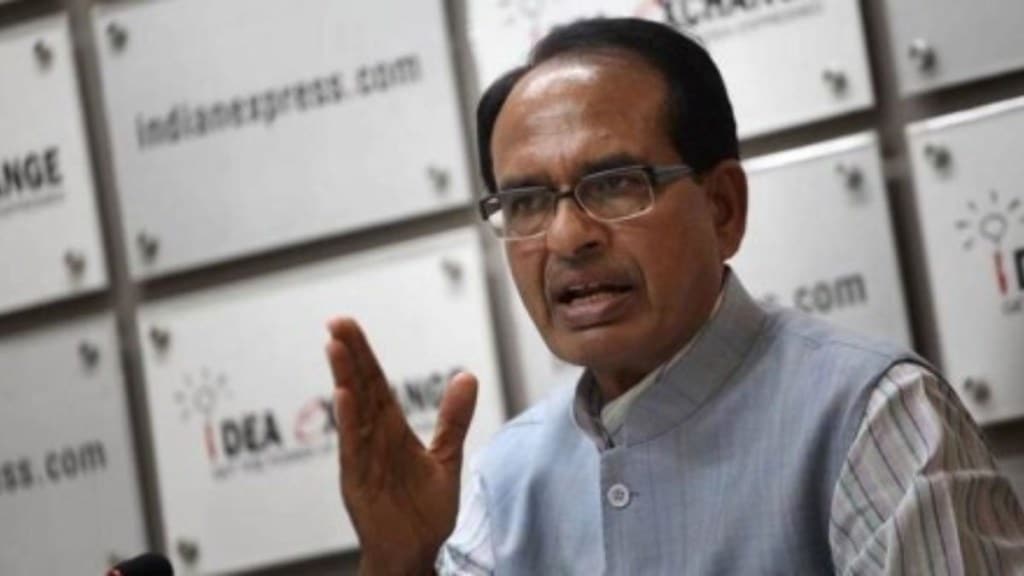The government’s import policy for agricultural products should balance the interest of farmers and consumers so that the situation like the present one when farm income is hit by depressed prices of commodities doesn’t arise often, agriculture minister Shivraj Singh Chouhan said on Monday.
“We follow a policy where we try to (ensure) that prices of items such as pulses and oilseeds don’t rise to such an extent that the common person can’t buy them. When (domestic) productivity is hit and we go for cheaper imports,” Chousan said at Indian Express Idea Exchange programme.
The minister said as imports surge, domestic prices fall significantly, hitting farm income. There is an urgent need to provide remunerative prices to the farmers, he asserted.
Chouhan on the government’s strategy to decrease the price of pulses
To curb the decrease in pulses prices, the government has recently imposed 30% import duties on yellow peas, a cheaper variant of gram used in the food processing industry. “We have also imposed import duties on other pulses varieties and lifted the export ban on rice and removed export duties on onion,” Chouhan stated.
To encourage farmers to grow more pulses and oilseeds which would reduce import dependence, Chouhan said since last year the government has been committed to “100% procurement: of pulses varieties tur, urad and masoor and oilseeds such as soybean, groundnut and mustard under the price support scheme, if need be.
Retail food inflation also remained in the negative zone for the fifth consecutive month in October when it came in at (-) 5.02%, largely driven by subdued prices of vegetables, cereals, pulses, meat, eggs and spices.
Chouhan on physical procurement of commodities
Speaking of physical procurement of commodities, Chouhan said the states must take initiative to introduce price deficit payment schemes on the lines of ‘Bhavantar’ run by Madhya Pradesh, where the government would compensate the farmers by paying the difference between the prevailing (lower) market price and the minimum support price to farmers.
The Madhya Pradesh government last month had rolled out Bhavantar on October 24, for the 0.6 million soybean farmers in the state.
Experts say that prevailing lower mandi prices while in several commodities prices are ruling below MSP has also helped in keeping inflation low for cereals and pulses in particular.
Chouhan stated that “from time to time we initiate steps such as imposition of import duties and removal of export duties on agricultural commodities so that interest of consumers and farmers are protected”.
